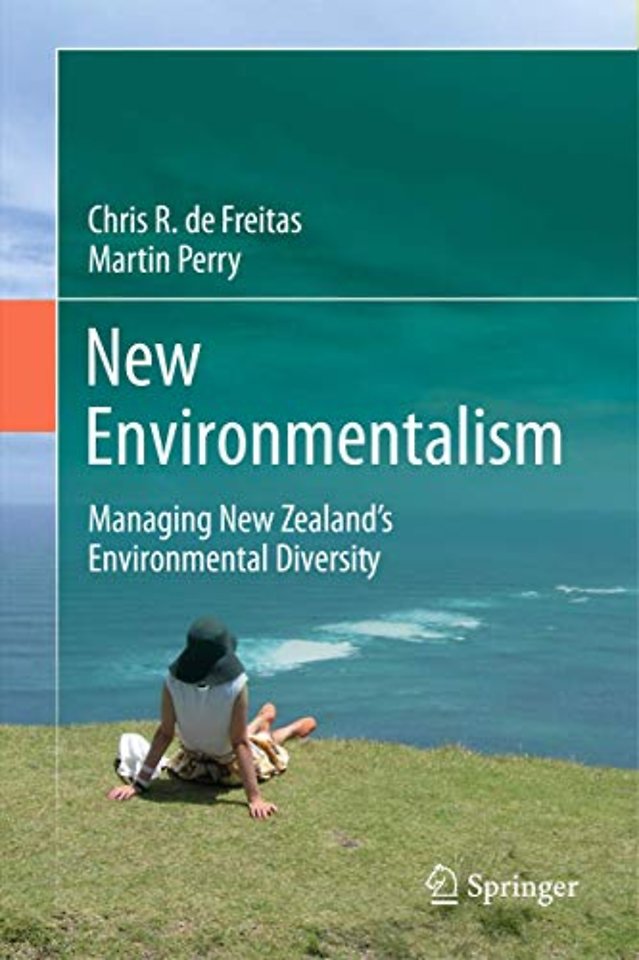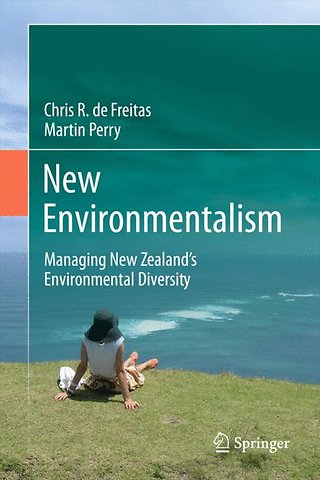New Environmentalism
Managing New Zealand’s Environmental Diversity
Samenvatting
This book explains the role of New Zealand’s environmental agencies and regulatory legislation, taking in the impact of international agreements and treaties. It traces the fortunes of sustainable policy approaches and analyzes the activities of the public agencies charged with managing the environment. Moving on to a detailed thematic status report on New Zealand’s environment, it examines rural, freshwater, coastal, oceanic, atmospheric and urban zones. Finally, chapters detail public perceptions and normative environmental values as well as the depth of business commitment to environmental responsibility. An ideal introduction to the topic for a diverse range of scholars, the book eschews any specific theoretical framework in charting the recent evolution, current operation and future trajectory of environmentalism in New Zealand. It backs strategic advice with both social and ecological data, and raises questions over the country’s reputation for greenness at the same time as recognizing its numerous achievements. With neat summaries of key issues at the end of each chapter, expansive guidance on further reading, and a multitude of examples ideal for classroom debate, this volume gives us an informed, objective, and wide-ranging appraisal on a topic of increasing centrality in the policy debate.

